Give us a call now for an immediate match with a local pro.
Click to Call(833) 824-3371(833) 824-3371
Last Updated: February 25, 2025
On average, 55% of energy use in American homes goes toward heating and cooling, according to the Department of Energy. Energy costs in St. Louis are often higher than in other places, meaning that you'd probably like to save money on your bill.
The right HVAC contractor can get your system into shape for a reasonable price, letting you keep your home comfortable while still saving money. That's why we've put together this guide to the best HVAC companies in St. Louis.

Our Rating
User Rating
Reliable customer support
Informative resources
Free quotes
Clear pricing policy
Prompt service delivery
Services Offered
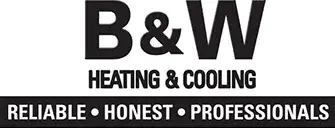
Our Rating
User Rating
Prompt service delivery
Clear pricing policy
Informative resources
Free quotes
Reliable customer support
Services Offered
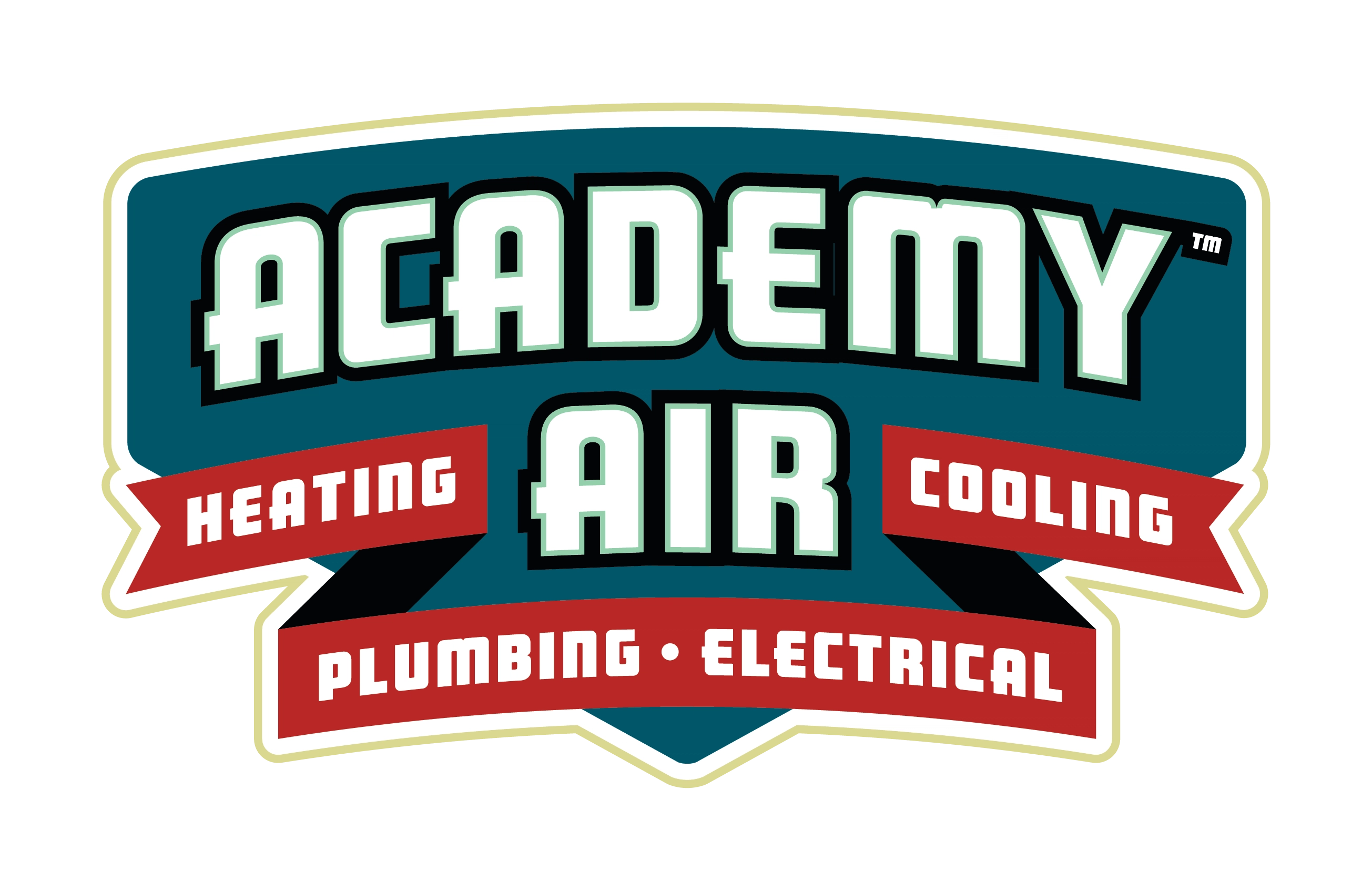
Our Rating
User Rating
Reliable customer support
Informative resources
Services Offered

Our Rating
User Rating
Prompt service delivery
Informative resources
Free quotes
Services Offered

Our Rating
User Rating
Prompt service delivery
Informative resources
Reliable customer support
Clear pricing policy
Free quotes
Services Offered
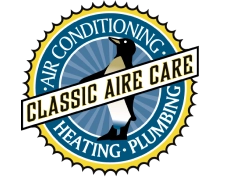
Our Rating
User Rating
Informative resources
Reliable customer support
Free quotes
Clear pricing policy
Services Offered
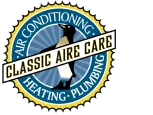
Our Rating
User Rating
Free quotes
Reliable customer support
Informative resources
Clear pricing policy
Services Offered
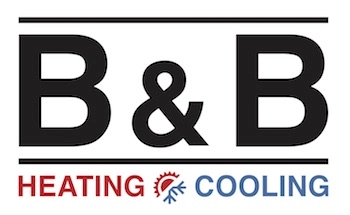
Our Rating
User Rating
Clear pricing policy
Informative resources
Reliable customer support
Services Offered

Our Rating
User Rating
Informative resources
Free quotes
Reliable customer support
Services Offered

Our Rating
User Rating
Free quotes
Clear pricing policy
Informative resources
Reliable customer support
Services Offered
Today's Homeowner looks at dozens of datapoints on hvac companies to come up with our data-driven rankings. It's not possible for a company to pay for preferential treatment in our rankings. We look at the following key factors in determining who should top our list:
If your HVAC system is faulty or getting old, it likely needs repairs or replacement from an HVAC company. Watch for these signs your system needs service:
If you're experiencing any of these HVAC issues, you should have a technician inspect your system. A local professional can diagnose problems and decide whether repairing or getting a new HVAC unit is the correct solution.
What you spend on HVAC installation or maintenance varies based on your system style. Common HVAC unit styles include the following:
HVAC maintenance prices differ based on the specific services required. HVAC systems can be complex and potentially require a number of services. Price ranges for typical jobs are as follows:
| HVAC Unit Type | Cost | |
|---|---|---|
| Split | $1,973-$5,030 | |
| Hybrid Split | $3,998-$7,366 | |
| Heat Pump | $3,096-$31,544 | |
| Packaged Heating and Air | $259-$432 |
It’s important to complete repairs or full-system HVAC replacements as needed, though they can be expensive. The good news is that homeowners have methods to decrease the effect of wear and tear and reduce the frequency of breakdowns.
| Service | Cost | |
|---|---|---|
| Filter Replacement | $65-$173 | |
| Condensor Cleaning | $1,295-$3,886 | |
| Thermostat Repair | $86-$216 | |
| Ductwork Cleaning | $414-$1,036 |
Knowing the right things to look for in an HVAC company is key for a smooth repair or installation. Established providers with certified technicians can offer assurance your HVAC system will deliver consistent coolig and heating year-round.
Contact at least three HVAC providers for quotes. Explain the issues and have specialists visit to inspect your system if possible. Compare the contractors' explanations, solutions, estimated costs, timeframes, and warranties. Avoid companies that pressure you or demand payment upfront.
Look for an HVAC company that employs qualified technicians with the necessary licensure and training. In all states, HVAC contractors need to obtain a Section 608 Technician Certification from the Environmental Protection Agency (EPA). This certification is required for all technicians who "maintain, service, repair or dispose of equipment that could release refrigerants into the atmosphere." Contractors must pass an exam (the type of exam depends on the type of equipment they intend to work with) to be certified by the EPA. All other licensing requirements are handled at the state level.
Missouri doesn't have state-level licensing requirements for HVAC contractors; however, most municipalities have local requirements. It's always a good idea to check with your local government to understand requirements for licenses such as HVAC Contractor or HVAC Journeyman Contractor. You can also confirm that a company holds a valid business license. You should also look at reviews and complaints on sites like Google Reviews, Yelp, and the Better Business Bureau (BBB). Pick a company with positive reviews and testimonials about great customer experiences.
Always make sure you understand the details of any project. For HVAC repairs, your provider should specify which parts require replacement and why. Confirm that your technician will clean and test your system after repairs are finished to ensure that it’s working properly. When replacing your HVAC system, ask the contractor to provide details on the new energy efficiency, model, brand, features, and estimated installation time. Before signing a contract, make sure you understand how your provider will properly size the new unit for your home and what the cost will be.
Trustworthy HVAC companies stand behind their work with warranties. Compare warranties from different companies, keeping in mind that broader coverage is better. Look for the provider that offers the most coverage for a reasonable price.
Get a written estimate before HVAC work starts. A comprehensive quote includes both labor and material costs. Make sure you understand and accept all terms before signing the contract.
Generally, you should have your HVAC system inspected twice a year. After an inspection, your HVAC technician will tell you what services are needed. You should also call a technician if you notice any new issues, like unusual smells, strange noises, or leaks. If your home has ductwork, it should be serviced every few years.
The best times to have your HVAC system inspected are during the spring and fall. Technicians tend to be less busy during these times, which makes it easier to get an appointment. This also helps get your system ready for the summer and winter, the times of the year when it gets the most use.
You can save energy throughout the year by making it easier for your HVAC system to maintain the temperature of your home. Always keep your thermostat as close to the outside temperature as you can, and try to adjust it only a few degrees at once. You might also consider installing a smart thermostat.
For a 2,000-square-foot home, you should look for a furnace that's between 50,000 and 80,000 BTUs (British thermal units).
For a 2,000-square-foot home, you'll also want to purchase an air conditioning unit with between 2.5 and 5 tons of capacity. Usually, if your home is larger than 1,000 square feet, central air will be more effective than window air conditioning units.
Your HVAC company may have financing options via a third-party lender, or you might choose to obtain a loan on your own. It's a good idea to discuss payment options with a financial advisor and your HVAC company to make sure that you find the best option for you.
There are a number of ways you can make your HVAC system more energy-efficient:
